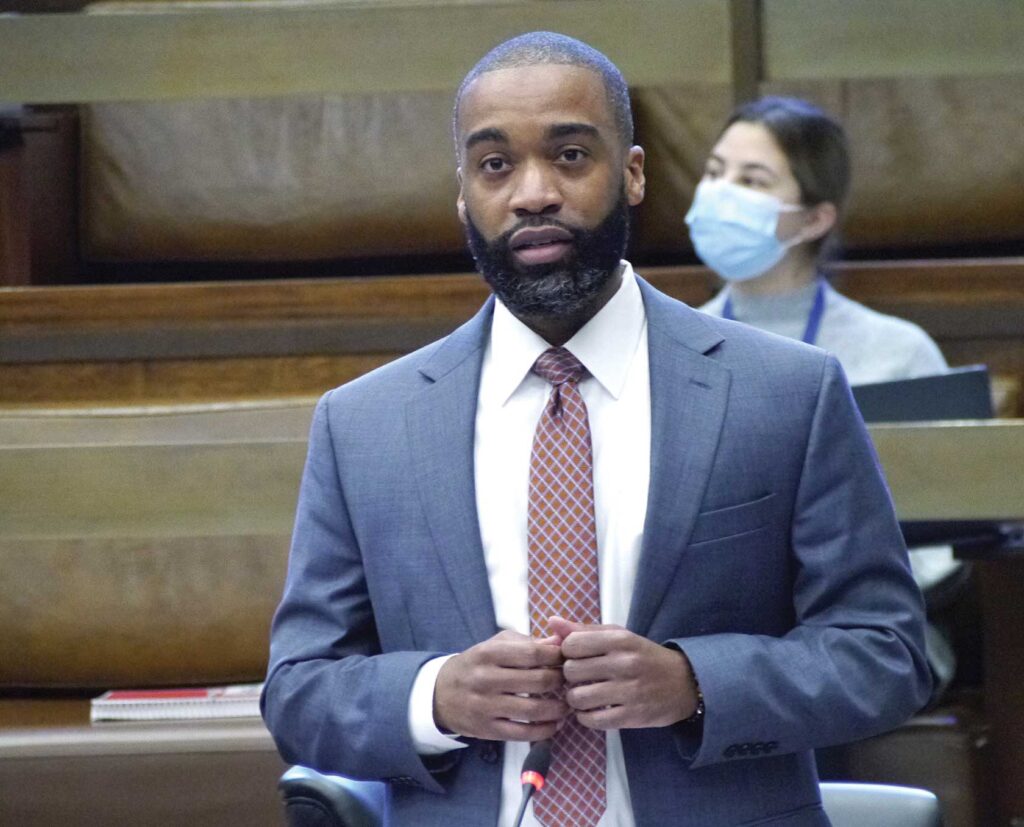
Boston’s higher education landscape is world-renowned. What it doesn’t have, City Councilor Brian Worrell argues, is an HBCU.
The solution? Deliver that blend of culture and academic excellence to the community by bringing the satellite campus of a historically Black college or university to the city.
Worrell, who represents the city’s District 4, and the City Council’s Education Committee held a hearing to collect community input on the proposal, Aug. 26.
“This is the mecca of education,” Worrell said in an interview. “Establishing an HBCU presence in the mecca of education, I think, is something that is definitely long overdue.”
It’s an effort that many attendees at the city council hearing spoke in support of.
Worrell said he approaches the process with a handful of goals. For one, he said he hopes it will improve outcomes for Black students in Boston Public Schools through seeing exposure to the universities’ alumni base and potential partnerships if an HBCU ends up in the city.
The presence of an HBCU could also provide an alternative to other leading institutions like Harvard, MIT, Boston University and Northeastern University, which all saw decreases in Black student enrollment in recent years, following the Supreme Court’s overturning of race-based admissions in higher education.
He touted, as well, statistics about outcomes for HBCU students, and the opportunities to bring more diverse voices into fields like technology, health care, education, engineering and public service.
According to a Biden-era White House report from 2024, HBCUs make up 3% of colleges and universities in the United States, but made up 8% of Black undergraduate enrollment in 2021. That same year, they accounted for 13% of all bachelor’s degrees earned by Black students in the United States, and almost a quarter of the bachelor’s degrees in science, technology, engineering and mathematics fields.
Worrell also pointed to the culture and community that an HBCU can provide — something that was on display from current HBCU students and alumni at the city council hearing.
“What we heard in the hearing is that HBCUs are more than a degree — they are communities that affirm identity and cultivate Black excellence,” Worrell said. “That doesn’t just stay in the classrooms or on campus, that pours out throughout the rest of the community where that HBCU exists,” Worrell said.
One community member who attended Texas Southern University said he had doubts that the culture could be mimicked in Boston but would support the effort if there were a way to bring both the academics and the culture.
“You cannot just take it for its academic purposes, even though its academic purposes are gold standard,” he said. “It’s still that cultural standard that would be difficult to transfer.”
Jonathan Jefferson, president at Roxbury Community College, said that when many people think about HBCUs, they think about the whole package — marching bands and football teams and fraternities and sororities. Harnessing the full experience would be a challenge.
“It’s a tall order to get to, and frankly, is rather expensive,” Jefferson said. “You have to ask yourself: What is it that we really want to achieve by doing this, and what does the end result look like?”
It is possible that an HBCU in Boston could mesh with other existing minority-serving and predominantly Black institutions like Benjamin Franklin Institute of Technology or community colleges like Bunker Hill or Roxbury Community College.
Worrell said he envisions a cohesive network, where schools like RCC could be a “launching pad” to experiences at an HBCU through agreements like credit transfers — especially following the creation of the MassEducate program last year, which makes community college free for Massachusetts residents.
That’s a vision shared by Jefferson, who says that the college would even be an HBCU itself, if not for the nine-year gap between the federal threshold and RCC’s founding. The institution already has partnerships with HBCUs around the country.
“Any of our high school students who want to pursue an education at an HBCU should do their first two years with us, because community college is free in Massachusetts,” Jefferson said. “Then, through our agreements with the colleges, we make a soft handoff and provide them with a direct opportunity to get financing to continue their education at one of our partner schools.”
RCC has had a standing articulation agreement — a deal between two higher education intuitions focused on the transfer of credits — with Delaware State University, the nearest HBCU. And on Aug. 29, the school signed a new agreement with Johnson C. Smith University, an HBCU in North Carolina.
Jefferson said that talks with Johnson C. Smith have included exploring the possibility of bringing a satellite campus for the school to RCC. He said that he’s also entering into new conversations — currently at a “very high level” — with Delaware State focused on the same goal.
Those satellite campus partnerships, he said, would be a “both-and” set-up, rather than either or, with RCC giving local students the ability to take classes through either of the institutions at RCC.
That kind of agreement fits into a vision Worrell described as finding “creative and innovative” ways to get an HBCU in Boston.
Jefferson said that, with its longstanding legacy in Boston — he called it “New England’s de facto HBCU” — the city should look to work with RCC and find ways to develop an HBCU presence that supports the community college.
“Why not develop a satellite campus in cooperation with Roxbury [Community College]?” he said. “That’s the real thing there, is to look at ways in which we can work together and collaborate and not create an environment that looks like we’re competing.”
At the city council hearing, some attendees said they have concerns about the prospect of bringing an HBCU to Boston when diversity, equity and inclusion efforts have been under attack by the Trump administration.
In April, the Trump administration signed an executive order that purports to “promote excellence and innovation” at HBCUs. That order established a White House initiative that is intended to strengthen HBCUs, including through increased private funding, and enhance HBCU’s capabilities to serve young adults in the United States. As of mid-August, an executive director for the initiative had yet to be appointed.
Critics have said that, amid the administration’s push against diversity, equity and inclusion policies, the executive order doesn’t hold much water. In a statement from late April, days after the executive order, the national NAACP called it an “empty gesture in the guise of a well-meaning policy initiative,” and said that the broader move away from equity initiatives pulls away the support HBCUs need.
Worrell, however, sees that context as more reason to bring an HBCU presence to the city. HBCUs, he said, are in the business of student enrollment, and the enrollment he anticipates from a satellite campus in Boston could be a “win-win opportunity.”
“If we want to support HBCUs, the way we support HBCUs is getting more people to enroll in them,” he said.
The city council hearing came early in the effort, as a way of putting community front and center in the process. Now, with that community feedback in hand, he said he hopes to formulate pathways on moving the initiative forward.
That work, he said, could include things like putting together an established working group on the Boston City Council.
He also pointed to a summer program in San Francisco that welcomed 60 HBCU students to the city for the summer to live, work and study; that effort was launched by then-Mayor London Breed as part of attracting an HBCU satellite campus.
Worrell’s goal, he said, was to start making links and bridges with HBCUs to build a relationship that could ultimately lead to a permanent presence.
He wouldn’t give a specific timeline for next steps or reaching the final goal but was hopeful of seeing progress soon.
“We’re working on it now. The listening session was part of that process, and now it’s time for the next step,” Worrell said. “So, we are building that out as we speak, and you should see something hopefully in the near future.”


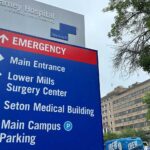
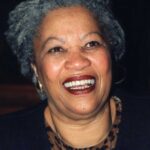

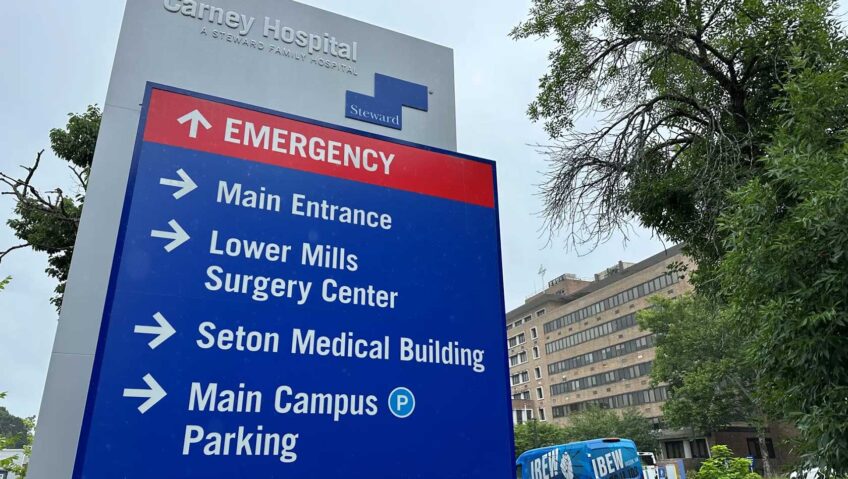
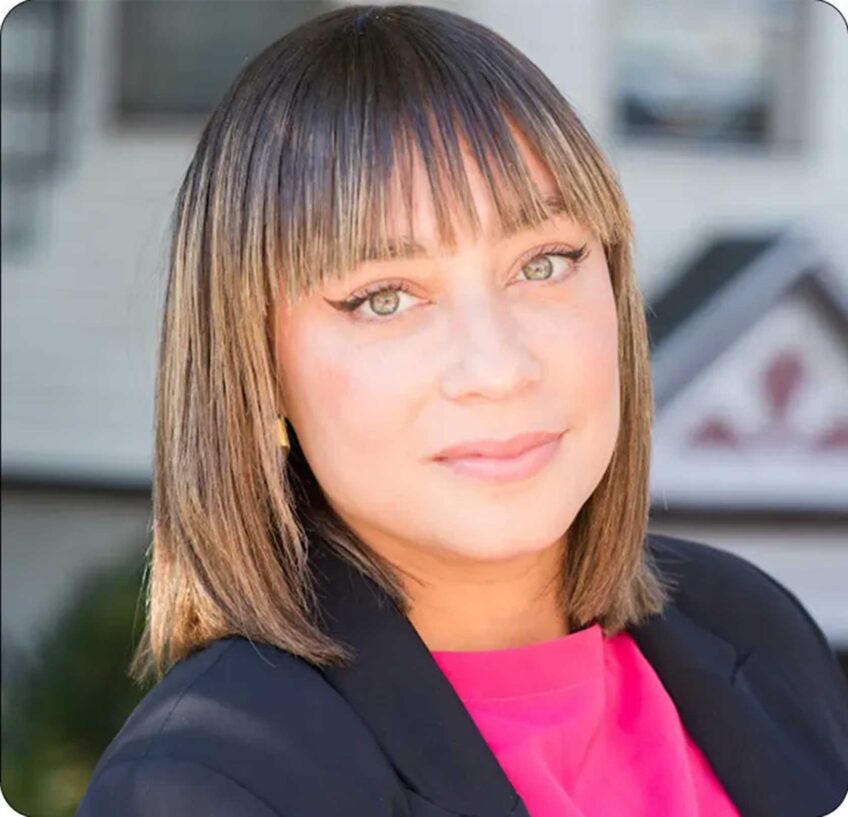
Leave a Reply
You must be logged in to post a comment.